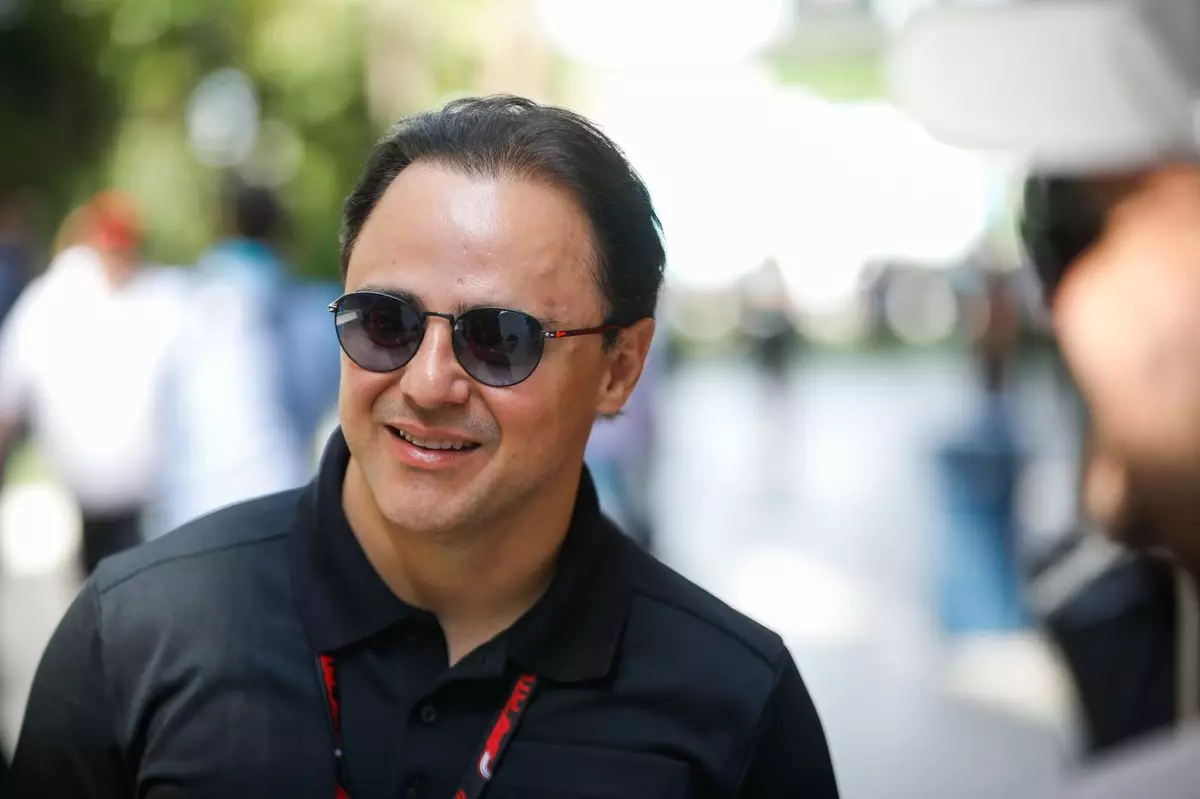In the realm of motorsport, few narratives are as gripping as the one that pits passion against perceived injustice. Felipe Massa, a former Ferrari stalwart, finds himself at the center of one such tale as he embarks on a legal journey against the major players of Formula 1: the FIA, Bernie Ecclestone, and the championship itself. The catalyst for this pursuit lies in the infamous ‘Crashgate’ saga of the 2008 season, which reshaped the F1 landscape in ways that reverberate to this day. Massa’s hope for a trial set for October signals not only a possible restitution but also opens a Pandora’s box of questions about integrity and ethics within the sport.
At the heart of Massa’s grievance is the Singapore Grand Prix, a pivotal race that warped the trajectory of the championship. During that fateful event, Nelson Piquet Jr., racing for Renault, intentionally forced his car into a barrier, leading to a safety car deployment. This maneuver, ostensibly engineered to benefit Fernando Alonso, ultimately altered the outcome of the race and the championship standings. Massa, who had started on pole and initially led the race, found himself relegated to 13th place. The consequences were dire—Massa lost the title to Lewis Hamilton by a mere point, a fact that continues to haunt him and invigorate his quest for justice.
Massa’s claim, categorized as a breach of contract, is set to unfold in the King’s Bench Division of the High Court. However, the road ahead is fraught with uncertainty. Autosport has reported potential hurdles, including a strike-out application that could preemptively dismiss the case. The defendants, including F1, the FIA, and Ecclestone, maintain that Massa’s claims lack merit, arguing that the speculative nature of the title race renders his assertions unsubstantiated.
This defense suggests that the legal team might leverage the ambiguities surrounding the Singapore incident—for instance, whether the race’s outcome could have been different had the crash not occurred. Herein lies a complex interplay of ethics, sportsmanship, and competitive fairness that is fundamental to not only Massa’s case but also the integrity of Formula 1 as an institution.
Adding another layer to the narrative are comments made by Bernie Ecclestone, who admitted to understanding why Massa feels compelled to pursue legal action. His acknowledgment that he and former FIA president Max Mosley were aware of the circumstances surrounding Piquet’s crash before the end of the 2008 season raises significant ethical questions. Ecclestone’s reflections—that proper action could have altered the title outcome—may resonate with fans and legal analysts alike, as they provoke discussions about accountability in sports governance.
Furthermore, his suggestion that the race could have been canceled under existing statutes casts a shadow over the decision-making processes that govern Formula 1. Would the championship landscape have been different? Would Massa have claimed the coveted title, forever altering the legacies of those involved? Such hypotheticals make for compelling discourse surrounding the issues of responsibility and transparency in the sport.
Massa’s legal actions are emblematic of a broader questioning of a culture that prioritizes spectacle over integrity. His pursuit of financial recompense not only serves his personal interests but also highlights the potential ramifications for the sport itself. The outcome of his case could set a precedent, influencing how future controversies are handled and how contracts are upheld within the high-stakes pit of Formula 1 racing.
As the industry keenly watches the unfolding drama, Massa’s actions propel a much-needed examination of ethical considerations in motorsport. In an age where transparency is increasingly demanded, his story serves as a reminder that behind the roaring engines and glamorous podiums lies a deep-seated need for fairness. As the trial date approaches, one can only hope for justice—not just for Massa but for the sanctity of the sport itself.
The unfolding of this case will undoubtedly reverberate within the circuits of Formula 1, prompting ongoing discussions about ethics, oversight, and the treatment of its athletes. Whether Felipe Massa will emerge victorious from this legal odyssey remains to be seen, but his fight encapsulates the spirit of determination and the quest for fairness that lies at the heart of competitive sport.

